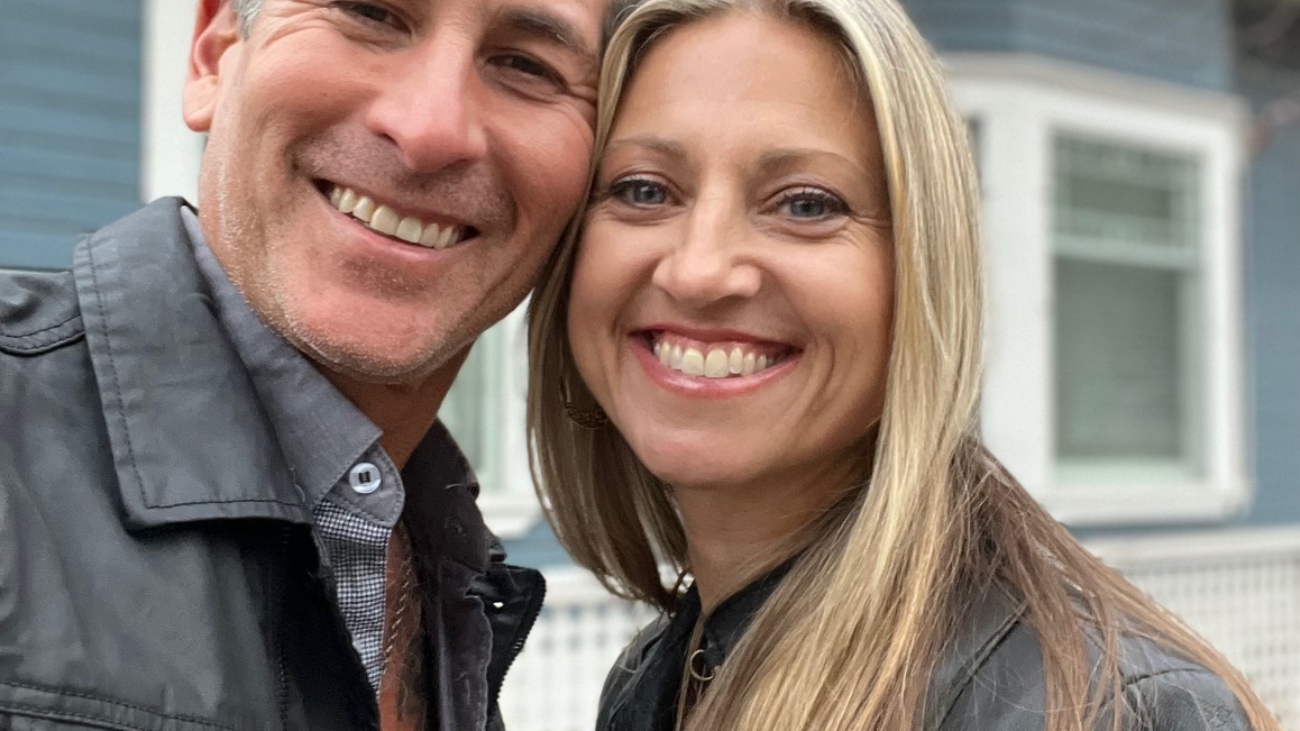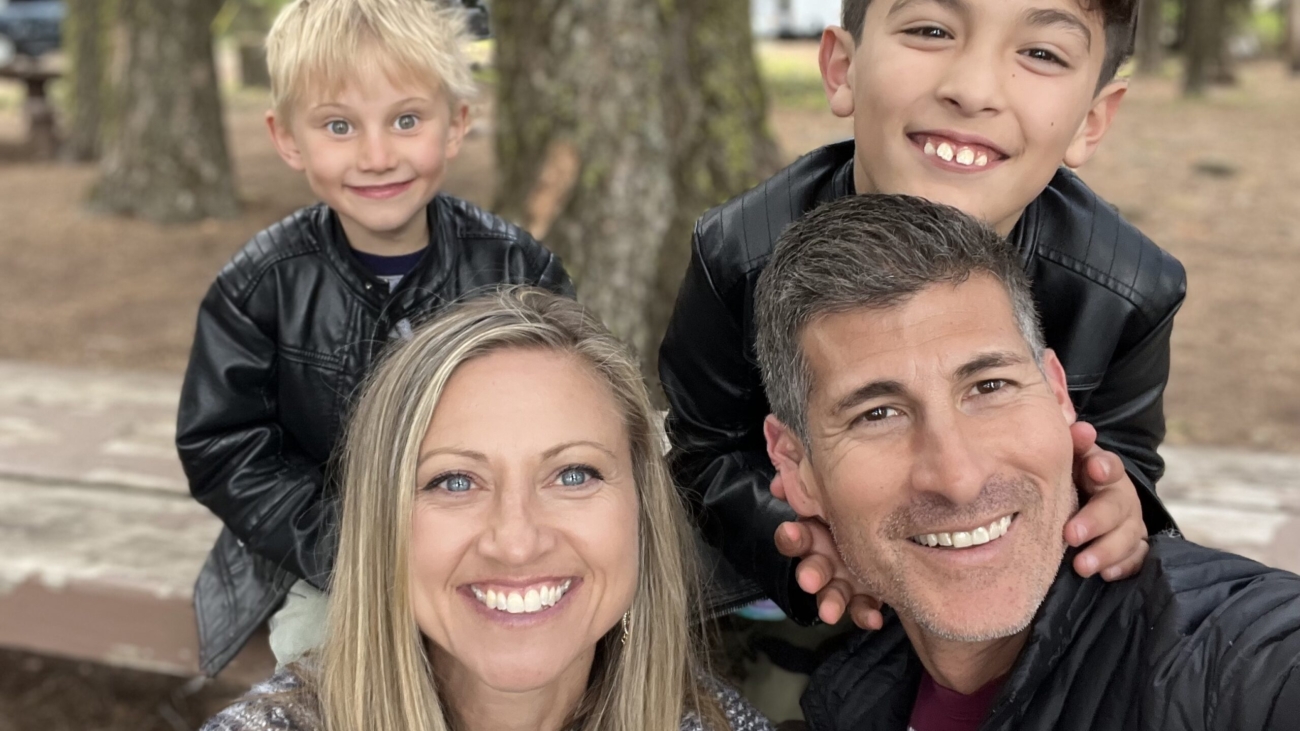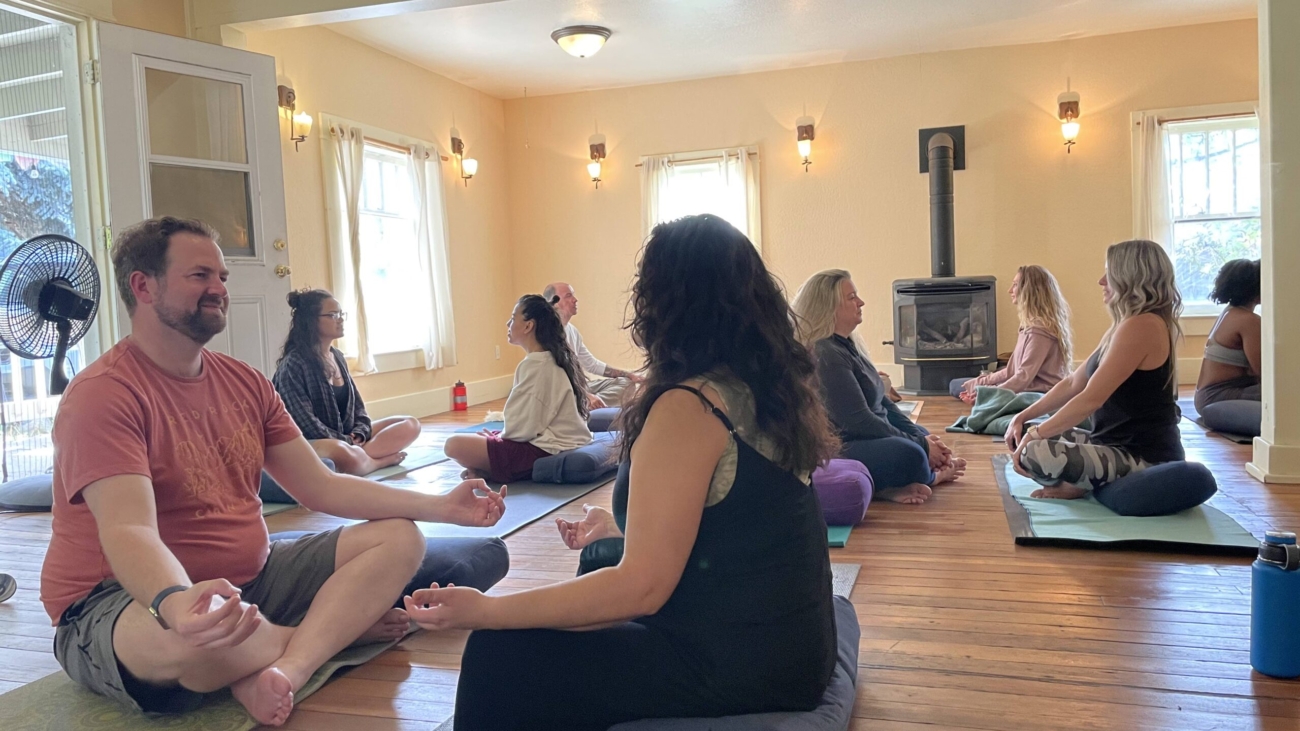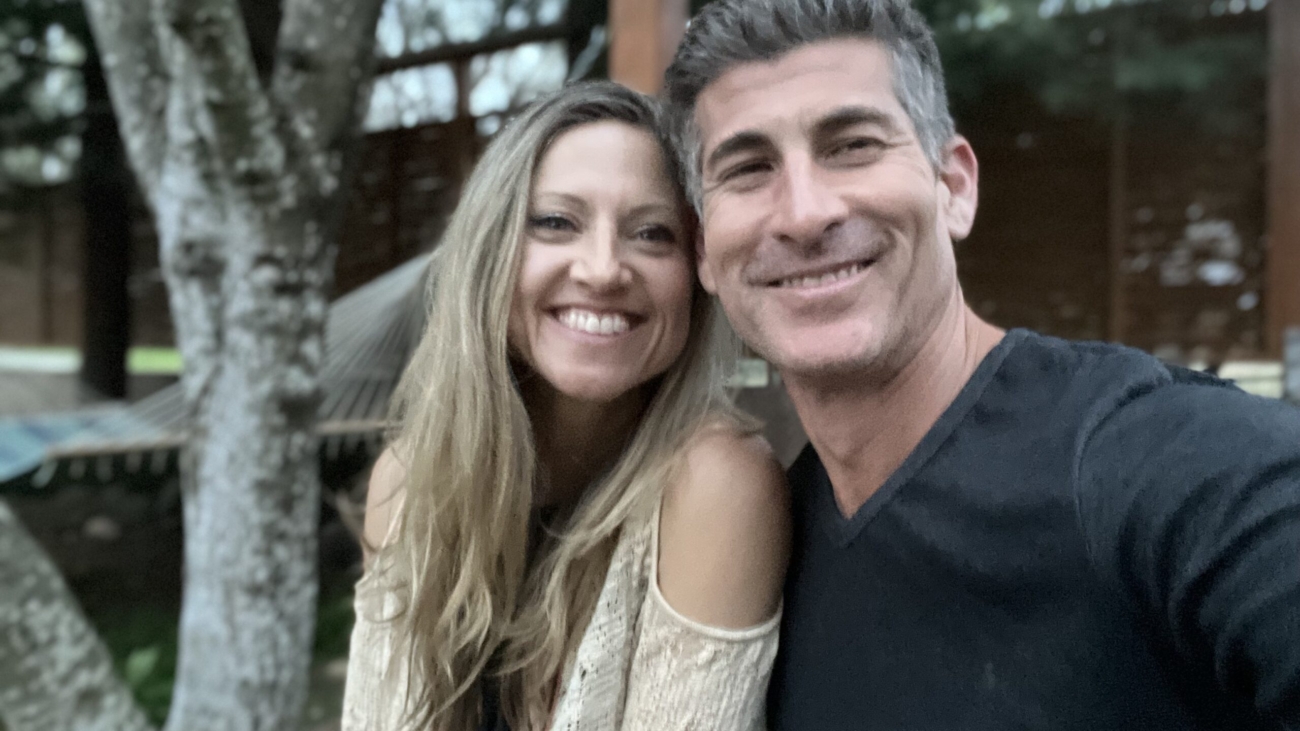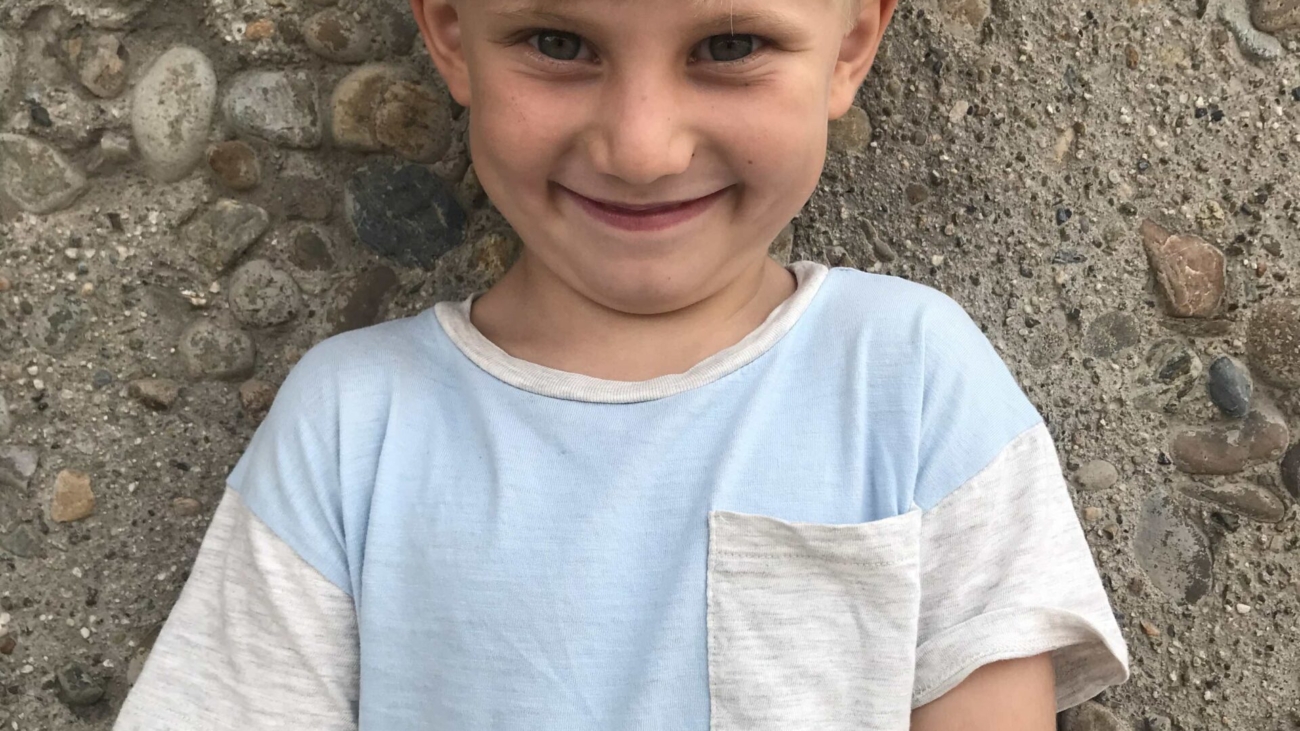Receiving feedback in a partnership can be challenging when it’s constructive criticism or if it challenges the beliefs or behaviors that are so ingrained in us.
Over the years, I have become aware of how I’ve tiptoed around partners who were reactive and how I shut down my voice and body out of fear of their reactions to my feedback.
I have noticed through my relationships the ways that I might unconsciously defend my position to cope with feelings like I’m being criticized, attacked or that I’m wrong.
The beauty of working on your communication in your relationship is to shed light on these unconscious shadow behaviors and to bring more authenticity, intimacy and transparency to your life. Even though it may be hard to hear feedback, it’s vital to any healthy relationship.
Recently I’ve been working with a few clients to become more aware of their bodies when they receive feedback, so they can become more aware of their defensiveness.
Here are signs that you are getting defensive when receiving feedback:.
1. When you’re feeling defensive, you may feel a sense of anger or frustration, even if the feedback you’re receiving isn’t necessarily negative. When you are in this fight, flight or freeze response you are gearing up for attack you probably are not fully listening to your partner.
2. If you shut down or withdraw from the conversation you may feel overwhelmed or unable to cope with the feedback you’re receiving.
3. When you are interrupting the other person you’re defending yourself or your actions before the other person finishes speaking.
4. If there is a denial of responsibility for your actions or you are quick to blame others, this is because you are trying to avoid feeling at fault or taking responsibility for your actions.
5. If you are making excuses for your behavior or action, you may be trying to justify your behavior instead of accepting the feedback.
When you feel yourself getting defensive, take a deep breath and focus on your breath for a few moments and slow down.
Notice the sensations that are coming to the surface. Focus on the sensations in your body, such as the feeling of your feet on the ground or your breath moving in and out of your body. This can help you stay grounded in the present moment and reduce the intensity of your defensive reaction.
When your partner is giving you feedback, make sure you listen actively without interrupting. It’s even helpful to repeat what they’re saying back to them to ensure that you’ve understood their perspective correctly.
Validate your partner’s feelings and perspective, even if you don’t necessarily agree with them by letting them know that you hear their concerns and show that you’re willing to consider their feedback. This will show that you’re taking their feedback seriously and want to fully understand their perspective.
When you respond to your partner, use “I” statements instead of “you” statements. For example, “I’m having trouble understanding your perspective.” Or thank you, “I have another perspective you might consider.” This can help you both express your feelings without putting your partner on the defensive or projecting something onto him/her.
Receiving feedback and working on defensiveness in a partnership is vital for any healthy relationship. By practicing active listening, acknowledging your partner’s perspective, asking for clarification, taking breaks if needed, practicing self-awareness, and being open to growth and change, you can receive feedback in a constructive and positive way!
xo,
Nicole

